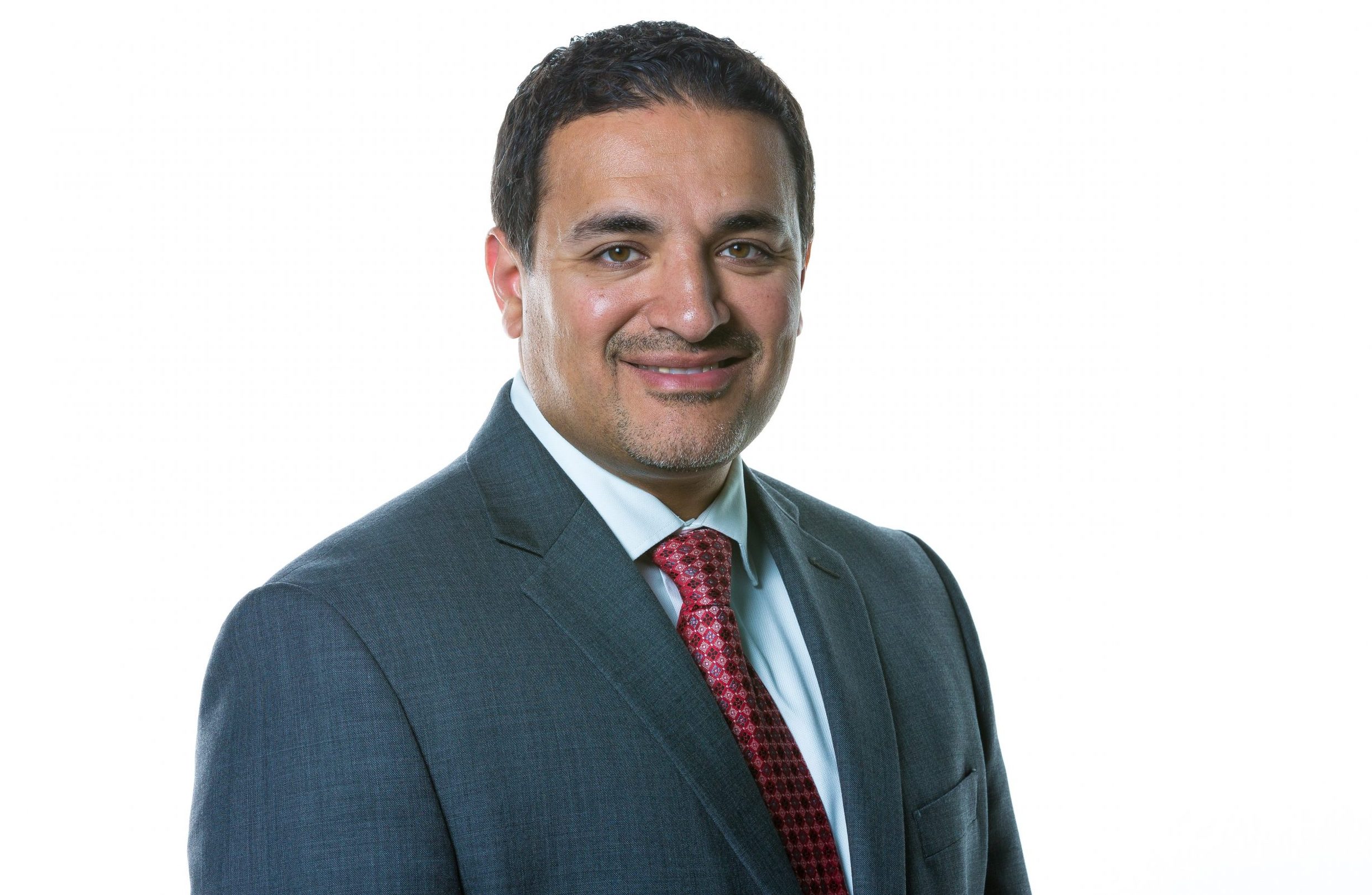Young people in the UAE lack an understanding about what a high-risk scenario to develop heart disease looks like, causing an alarming rise in severe premature cardiovascular events like a heart attack, say physicians at Cleveland Clinic Abu Dhabi, an integral part of Mubadala Health.
Cardiovascular disease (CVD) is a leading cause of mortality worldwide and contributes to 40 percent of all deaths in the UAE1. The high incidence of heart disease is due to multiple risk factors, including abdominal obesity, diabetes, smoking, hypertension and high cholesterol levels, found increasingly in younger adults in the country.
An audit of patients who were admitted for a major heart attack in the last three years at Cleveland Clinic Abu Dhabi found that nearly half were under the age of 50 and one in ten were under the age of 40.
Ahead of World Heart Day on September 29, the hospital has launched a new heart health campaign, ‘Healthier Hearts, Together’, to educate people about the escalating problem of CVD in the UAE, including the risk factors and warning signs that should not be ignored. The initiative aims to empower members of the public to take control of their health with early and regular testing of key parameters, such as blood pressure, cholesterol and blood sugar, while providing them with tools and resources through the hospital’s website’s dedicated page, health portal and social media to make lifestyle changes that can help reverse their risk of developing heart disease. Cleveland Clinic Abu Dhabi will also share the results of its new UAE-wide survey conducted to gather insights and identify gaps in the public’s knowledge about heart disease later this month.

Explaining some of the reasons for this alarming rise, Dr. Feras Bader, a Staff Physician in the Heart and Vascular Institute at Cleveland Clinic Abu Dhabi, says that many young patients are unaware of their risk factors because they refrain from visiting a doctor for a heart disease risk assessment until they experience major symptoms or a heart attack. More than 95 per cent of patients with a major heart attack seen at the hospital in the last three years had at least one risk factor.
“It is disheartening to see so many young patients come in with such aggressive cardiac disease. The extent of damage to the arteries in patients as young as 30 and 40 years of age, now, is something that we would previously only see in patients over the age of 70. This tells us that people do not know the important health numbers, including their cholesterol, blood sugar and blood pressure, and are also unaware about how these risk factors put a strain on their hearts. They also believe that this is an old age disease,” says Dr. Bader.
He continues: “There are several other misconceptions when it comes to heart health. Patients sometimes assume that if they feel fit or have a normal body mass index that they are immune to heart disease. But you can be thin and have high cholesterol because you may smoke – a big issue among youngsters here – or carry more abdominal fat because of a diet full of processed foods, all of which impact the heart. Similarly, people often underestimate the role that family history plays in increasing their risk of heart disease.”
Dr. Bader says that the only way to turn the tide of this disease is by showing young people the benefits of making smart choices now for a long, healthy life.
“From regular wellness exams starting from the age of 20, or earlier if they have a family history of heart disease, and promoting physical activity and a healthy eating plan to following their prescribed treatment plan for conditions that increase their risk for heart disease, patients can prevent and even reverse the progression of heart disease.”













